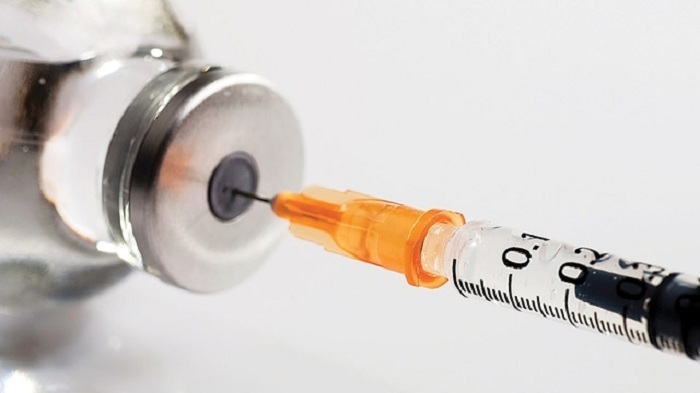In early human testing, vaccine programs led by AstraZeneca, Pfizer, and Moderna were all successful in generating immune responses in healthy volunteers. Researchers described each program as generally safe and tolerable, supporting further testing for each shot.
AstraZeneca became the latest to release early human data, publishing Monday its first clinical results in The Lancet. The vaccine was given to 543 volunteers.
But only a few dozen people were tested for neutralising antibodies, the virus-fighting proteins that play a crucial role in the body's immune response. A month after receiving a dose of the vaccine, 32 of 35 people had these proteins.
Ten volunteers also tried a two-dose regimen that included a booster shot. All 10 people recorded neutralising antibodies, and the vaccine's leading researchers emphasised these limited results.
"We saw the strongest immune response in participants who received two doses of the vaccine, indicating that this might be a good strategy for vaccination," said Andrew Pollard, co-author of the trial.
AstraZeneca will likely prioritise the testing of a two-dose regimen in late-stage trials, company executives said on a Monday call with reporters.
The researchers reported no serious side effects from the vaccine, but 70 percent of the vaccinated volunteers experienced fatigue and 68 percent had headaches, higher rates than a control group given a meningitis vaccine. Other common side effects included muscle ache, malaise, chills, and fever.
The study was limited to young and healthy people. The median age was 35 and 91 percent of volunteers were white.
"There is still much work to be done before we can confirm if our vaccine will help manage the COVID-19 pandemic, but these early results hold promise," University of Oxford Professor Sara Gilbert said in a statement Monday.
The positive early results still don't determine if the vaccine works
It's not clear what level of immune response will protect people from the virus. Large-scale trials, enrolling tens of thousands of people, are now underway to test AstraZeneca's vaccine in the UK, South Africa, and Brazil.
AstraZeneca CEO Pascal Soriot said the British pharma is aiming to start a 30,000-person US-based trial in late July or early August. The UK study will likely be the first trial to produce efficacy results, with Soriot estimating that trial will produce results this fall, potentially as early as September.
These final tests will determine if the vaccine can actually prevent infections or disease, comparing vaccinated volunteers against a group receiving a placebo.
Moderna is planning to start its final stage of testing on July 27, and Pfizer executives said they are also hoping to launch its pivotal study this month. Additional vaccine candidates led by Johnson & Johnson and Novavax are aiming to start these large efficacy trials this fall.
All these programs are pursuing an unprecedented timeline in vaccine development. It typically takes multiple years to craft a vaccine, test it in trials, and manufacture the shot at scale. Given the urgency of the pandemic, drugmakers have been closely working with world governments to shorten that process to a matter of months.
AstraZeneca, Pfizer, and Moderna have all said they are hoping to be ready as soon as this fall for potential emergency use of their vaccines. Their vaccines would be greatly limited in quantity, and it's unclear how much clinical data would be available to support a regulatory decision that soon.
Oxford scientists developed the shot to avoid pre-existing immunity concerns
The shot was developed by University of Oxford scientists. They rigged a chimpanzee version of the common cold virus, called the adenovirus, to carry the spike protein, a critical element of the novel coronavirus. Scientists used a chimp version of the virus to avoid any concerns of pre-existing immunity to the adenovirus.
This issue flared up for another early coronavirus vaccine candidate developed by the Chinese biotech CanSino Biologics. That program used a human adenovirus, and about half of the human volunteers had pre-existing immunity to that virus. This weakened the immune response to the vaccine, according to clinical results published in May.
AstraZeneca joined in on the effort in late-April, and has supercharged its manufacturing and testing strategy. That has included inking a US$1.2 billion deal with the US government, supplying up to 400 million doses to Europe at no profit, and reaching agreements with global nonprofits to distribute its shot to low- and middle-income countries.
Business Insider
More about: #Vaccine
















































